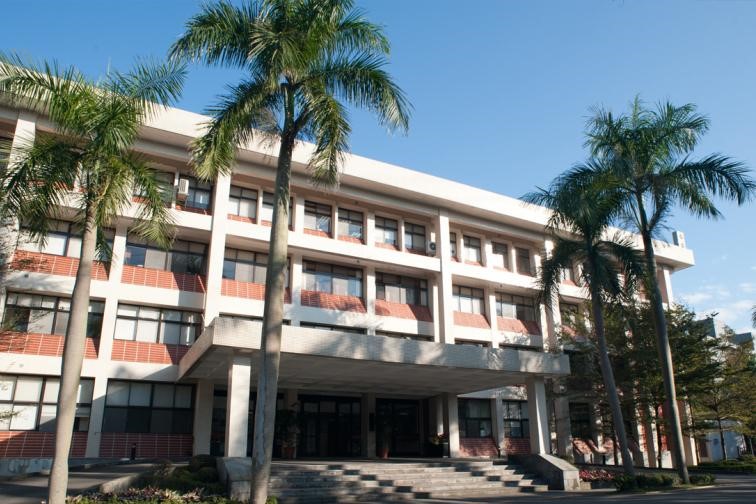- Lectures
- Institute of Biomedical Sciences
- Location
B1C Auditorium, IBMS
- Speaker Name
Dr. Wei-Kai Wu (NTU Hospital)
- State
Definitive
- Url
The human microbiome—a complex ecosystem of microorganisms inhabiting our body—plays a crucial role in maintaining health and contributing to disease pathogenesis. Advances in metagenomics, metabolomics, and bioinformatics have unveiled the intricate interactions between host and microbiota, revealing biomarkers and therapeutic targets for a variety of conditions, including metabolic disorders, inflammatory diseases, and cancers. Microbiome research has paved the way for innovative diagnostic tools and therapeutic interventions in translational medicine. For instance, next generation probiotics such as Akkermansia muciniphila has demonstrated its efficacy in improving metabolic phenotypes. Moreover, the discovery of microbiome-derived metabolites, such as short-chain fatty acids and trimethylamine-N-oxide (TMAO), has deepened our understanding of metabolic and cardiovascular diseases. In the realm of precision health, microbiome data integration with genomic and environmental factors facilitates personalized health strategies. Microbiome-based diagnostics are increasingly being developed to predict individual responses to diet, drugs, and other lifestyle factors. Despite significant advancements, challenges remain in translating microbiome research into clinical practice. Addressing these challenges requires integrating insights from multidisciplinary approaches, including culturomics, gnotobiotic experiments, and the isolation of key gut microbes for therapeutic applications. In conclusion, microbiome research has transformative potential to advance translational medicine and precision health, paving the way for more effective, individualized health interventions and driving a new era of personalized and preventive medicine.









 Home
Home

